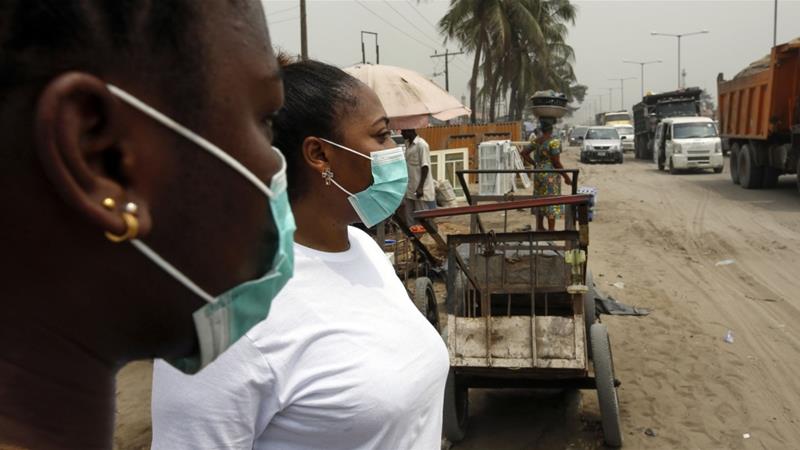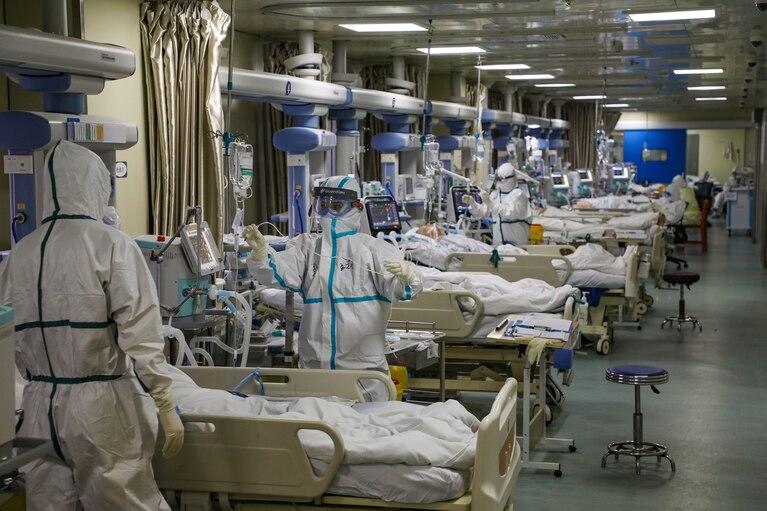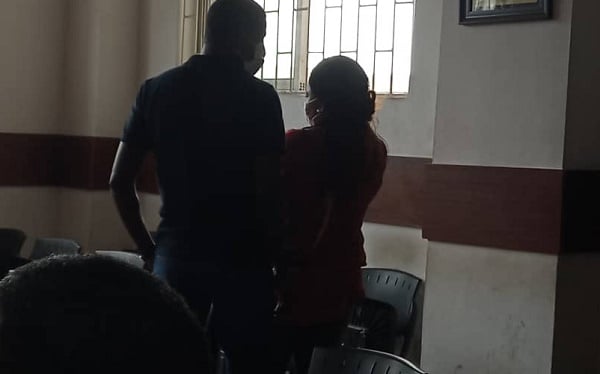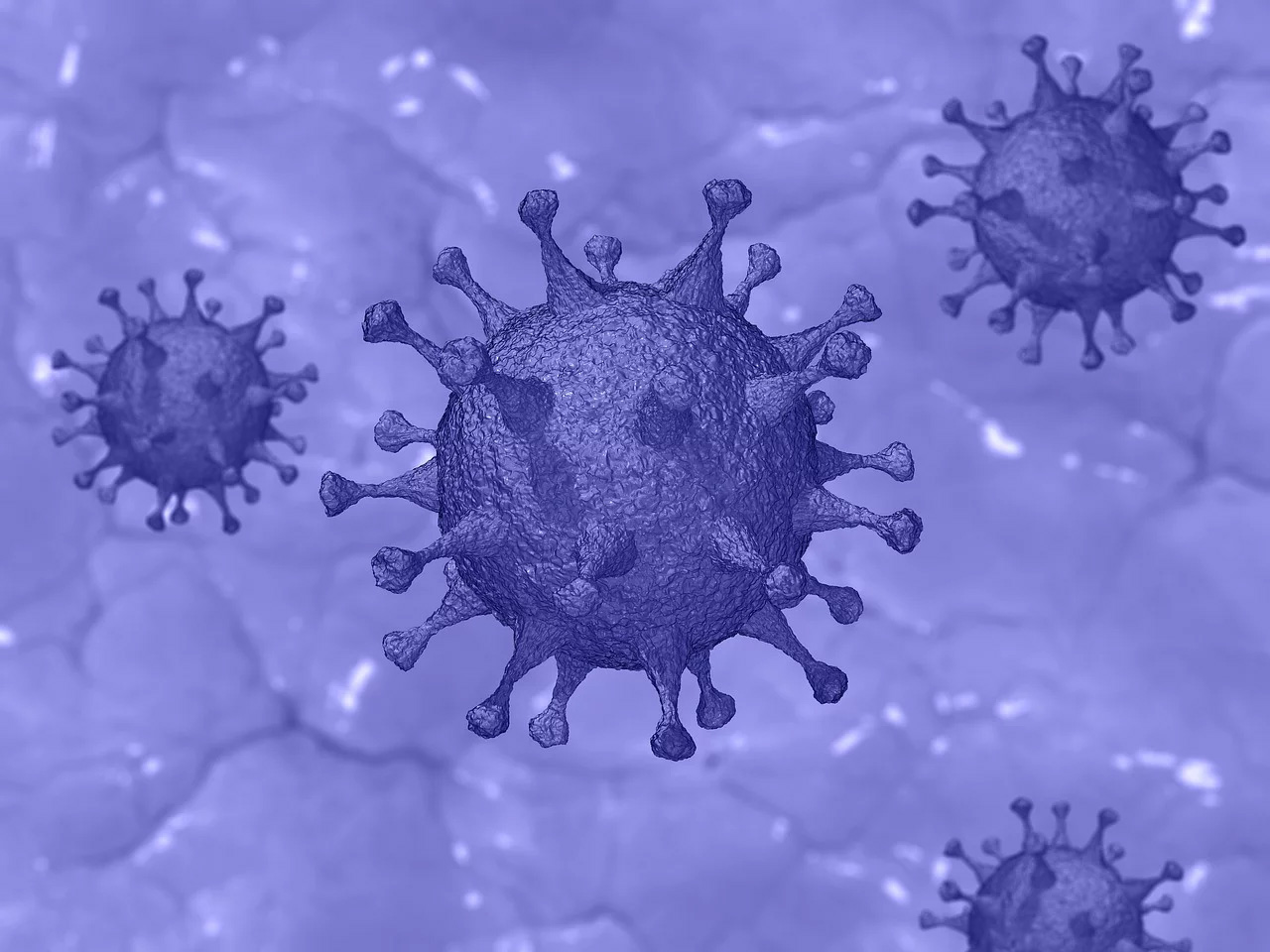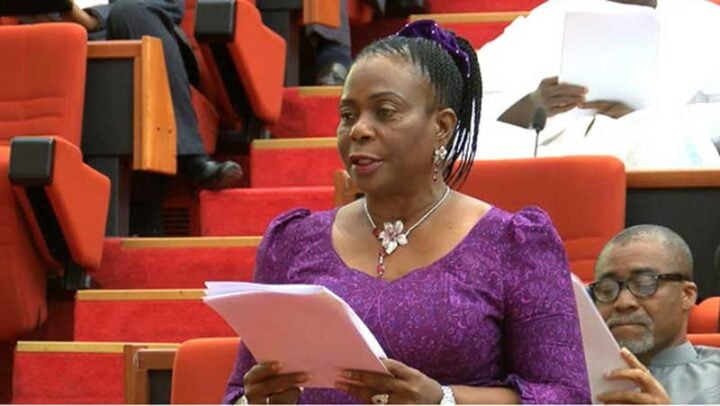BY SHOLA M DELE-OLOWU
It is almost four months after the world first met Coronavirus disease 2019 (COVID-19). COVID-19 is an infectious respiratory (flu-like) disease caused by a newly discovered Coronavirus that until now was only able to infect animals. Around the globe, conversations are laden with speculation and conspiracy of the whys and what-ifs and there is a new global tagline, social distancing – almost as if we are living out scenes from Hollywood apocalyptic movies. If there was ever a time where the limitations of modern science was clear, it is now.
Which begs the question ‘Is the world producing enough scientists to deal with emergencies when they arise?’ While scientists and public health experts grapple with understanding the disease, developing vaccines and determining the appropriate treatment, the rest of the world is left to either deal with the situation responsibly or indulge in spreading fake news, fear, and panic. Global health institutions such as the Centre for Disease Control (CDC) and the World Health Organization as well as ministries of health across countries are providing up to date information on what people need to know about the disease – and how to prevent it. However, the success of curbing the spread of the disease is also dependent on how individuals take up their responsibility to adhere to precautionary measures.
Is Nigeria doing enough?
Advertisement
Nigeria is no stranger to epidemics – the country is dealing with Lassa fever outbreaks recording an alarming 161 deaths out of 906 lab-confirmed cases by week 11 of 2020. In addition, there are frequent cases of vaccine-preventable diseases such as yellow fever and measles, due to suboptimal immunization coverage. The Nigeria Centre for Disease Control (NCDC) has been exceptional in its attempt to keep people informed of the disease and with its efforts at intensive risk communication and guidelines for infection prevention and control, there is enough information to allow people to make the right decisions about what and not to do. For example, the NCDC has communicated a Self-Isolation guidance document for individuals who have been exposed. However, people need a more concrete metric of success – how many cases are confirmed by testing and have all contacts been traced? Countries with higher rates of confirmed cases tend to be those where a larger share of the total population has been tested. For instance, by March 20, South Africa was at over 240 cases with a test rate of 109/million while South Korea with 8000+ cases with a test rate of 6,148/million. Still there are significant differences between countries concerning attempts to control the pandemic and while government can do so much better, it cannot do everything alone. This brings us to the point of personal responsibility.
Who should be responsible for slowing the spread of COVID-19?
While testing is important, it will not stop the spread of disease. Whom do we then hold responsible when people do not adhere to precautionary measures? Personal responsibility is the willingness to both accept the importance of standards that society establishes for individual behavior and to make strenuous personal efforts to live by those standards. When applied to health, most individuals desire to do what they can or must to stay healthy: proper diet, exercise, etc. because they have knowledge of its importance. Nevertheless, knowledge does not always translate to a willingness to act, let alone practice. Essentially, people need to understand or have the insight themselves about the disease with the right information, and not just be told, that their health and well-being is a function of personal responsibility. Unless people include this crucial principle of self-responsibility into their own personal belief system, each person will be limited in their ability to guarantee their own safety as well as the safety of others, whether co-workers, family or friends both on and off their jobs. In medicine, there is an enduring principle: “Primum non nocere” which means ‘first, do no harm’ which may seem obvious as doctors and health workers are sworn to save lives. Is it time to raise this bar to the community, “Primum non nocere proximo tuo, et in se” – ‘first, do no harm to oneself and thy neighbor?’
Advertisement
With utter lack of responsibility by individuals and in certain circumstances, outright denial of the diseases’ existence, the virus is bound to spread. We have seen this is many parts across Europe and the USA. This implies the urgent need for extensive social and behavioral change communication for people to take disease prevention seriously and protect not only oneself but also others. Experts agree that COVID-19 cannot be stopped but can be slowed down by social distancing, defined by the CDC as “remaining out of congregate settings, avoiding mass gatherings, and maintaining distance (approximately 6 feet or 2 meters) from others when possible.” Religious bodies in Nigeria for instance, have a huge responsibility to the society to not only educate but also enforce social distancing measures during disease outbreaks. Religious leaders usually wield a lot of power within societal social structures and consequently should be leading such behavior change campaigns against COVID-19 in Nigeria to flatten the curve. Failure to do this reflects either a lack of understanding of the disease and/or disregard for the greater good.
Effective communication is always key
The COVID-19 pandemic reminds us of harmful rumors that spread widely during the 2014 Ebola experience; ‘’Chew bitter kola”,” Drink bleach”, “Bathe in saltwater”, “Drink saltwater”. Get “Nano silver” the “magic Ebola drug. These were some examples that had costly implications. While these messages were being propagated, the index case, who died from Ebola in Nigeria, had generated a list of 898 contacts traced to him by infectious disease experts. Imagine the exponential rise in number of potential contacts with COVID-19 in Nigeria, if we do not contain it immediately. To address the behavioral and social aspects of health risks that herald and follow public health emergencies, it is critical to ensure clear and credible communication to minimize resulting health, social and economic costs. Strong, cohesive and targeted messages communicated via different sources is the defining factor for if an emergency spirals out of control or managed effectively. However, because emergencies are often characterized by uncertainty, this typically fuels fear and panic among communities and spreads misconceptions and tales that can affect people’s ability to appropriately respond to the emergency.
While we wait for medical and scientific breakthroughs on vaccines and treatments, we must be accountable for our actions and the effects they have on society in preventing further spread. Today, we cannot pray away this pandemic and must do all we can to stop the spread of COVID-19 because when it comes to viruses, we cannot count on luck.
Advertisement
Dele-Olowu is a health policy and financing advisor
Views expressed by contributors are strictly personal and not of TheCable.
Add a comment
